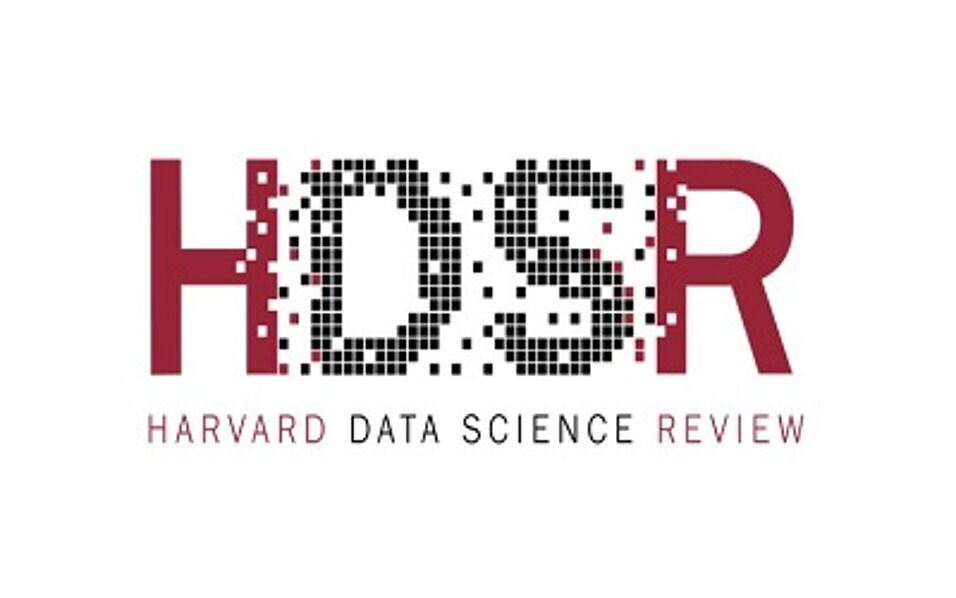In their article "Blue Chips and White Collars: Whose Data Science Is It?" (Harvard Data Science Review), Seliem El-Sayed and Barbara Prainsack comment on Sabina Leonelli’s article "Data Science in Times of Pan(dem)ic" and explore how data science can be better used for the next phase of the pandemic response and the role of scientists in this process.
First, particularly during a period in which many key features of society differ from its ‘normal’ functioning, it is important to systematically collect and analyze insights into people' practices and experiences, and recognize their value for policymaking. Besides, given the increasing frequency with which results from hypothesis-free data mining are presented as actionable, it is important to be aware of the difference between correlation and causality. For example, a U.S. study cited in the commentary found that counties with higher home values were correlated with higher mortality rates, that is, deaths associated with COVID-19. The authors of the study can only speculate about the reasons for this correlation. It thus becomes apparent that policymakers should resist the pressure to act quickly until the results from hypothesis-free data mining have been supplemented with causal models. Finally, how technologies affect different groups in society should be carefully studied to avoid reinforcing existing inequities related to access to technology and wealth.
The authors conclude that scientists must recognize that they are not merely conducting neutral analyses. By choosing a framing of the central problem of a research project, scientists also determine and limit the form of a possible solution. For example, if researchers attribute a low willingness to get vaccinated to a lack of information, a 'solution' to that problem is likely to be concerned with closing this information gap. This 'solution' would overlook the fact that a low willingness to get vaccinated may reflect more than people's attitudes towards vaccination - it may, for example, indicate a lack of trust in policy makers or a general sense of insecurity. The pandemic, in which the pressure to base policy on scientific evidence is particularly high, places a greater obligation on scientists to reflect on the norms, goals, and values that research articulates and promotes.
---
Seliem El-Sayed joined the Department of Political Science as a pre-doctoral research fellow (University Assistant) at the project Digitize! Computational Social Sciences in Digital and Social Transformation in October 2020. His research aims to develop ethical and social standards for the collection and use of data in the field of computational social science.
Barbara Prainsack is University Professor of Comparative Political Science and Head of the Department of Political Science as well as the newly established Research Platform Governance of Digital Practices.
HDSR is an open access journal from the Harvard Data Science Initiative and published by MIT Press. Most recently, the journal won the PROSE Award as the "Best New Journal in Science, Technology and Medicine".

